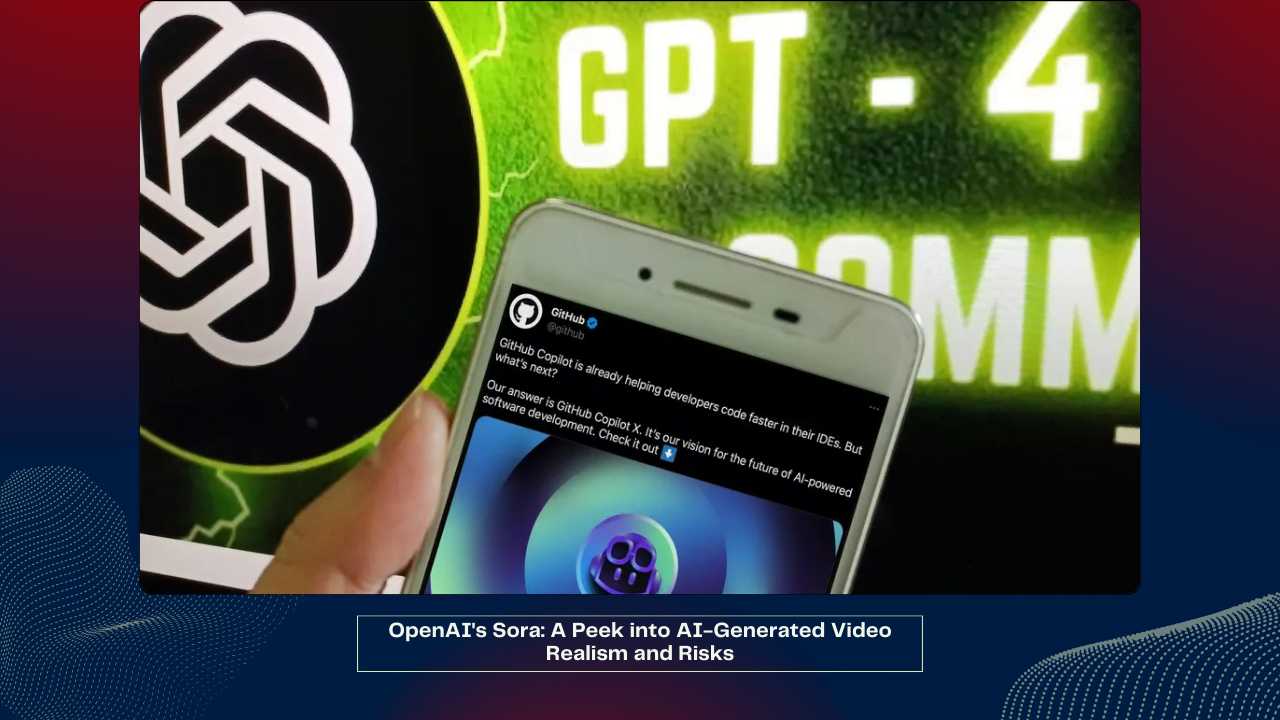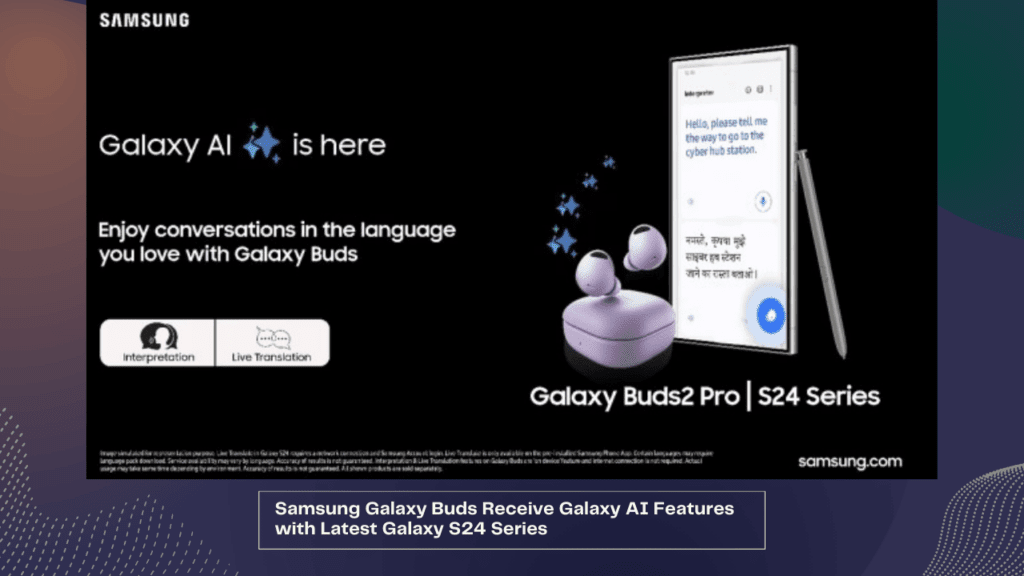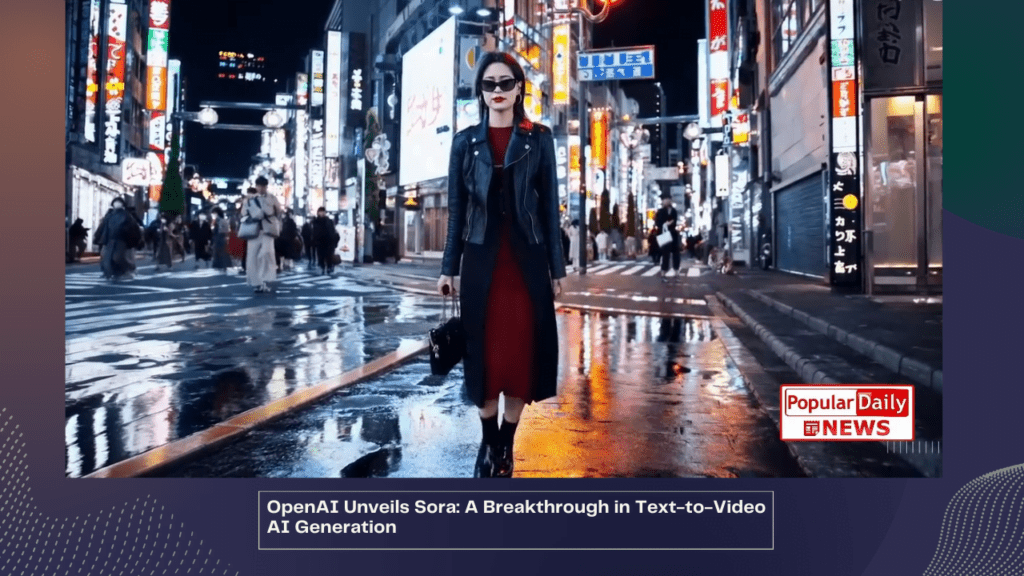
OpenAI’s Sora: A Peek into AI-Generated Video Realism and Risks
OpenAI’s latest creation, Sora, has garnered attention for its ability to transform text prompts into captivating videos, showcasing everything from fluffy monsters to high-seas battles. However, while Sora’s capabilities have been hailed as groundbreaking, concerns linger about its accuracy and potential for misuse.
Sora, named after the Japanese word for “sky,” aims to be a “world simulator,” crafting dynamic videos based on text inputs. Despite generating impressive visuals, Sora still grapples with limitations, such as inaccurately modeling basic interactions like glass breaking. Additionally, its propensity to “hallucinate” objects and entities raises questions about its reliability.
The development of Sora, a “diffusion transformer,” draws inspiration from large language models and requires extensive training data. While OpenAI has not disclosed Sora’s training data, it likely includes diverse sources reflecting various styles and topics. However, concerns about AI bias loom large, as biased data can perpetuate harmful stereotypes and misinformation.
OpenAI CEO Sam Altman has expressed optimism about AI’s potential to combat bias. However, skepticism remains among AI ethicists, who caution against placing blind trust in AI systems to self-regulate. Timely intervention and oversight are essential to mitigate the risks of AI-generated content, particularly in combating disinformation and safeguarding against misuse.
https://t.co/uCuhUPv51N pic.twitter.com/nej4TIwgaP
— Sam Altman (@sama) February 15, 2024
he allure of Sora’s realistic videos also poses challenges, as they could be exploited for nefarious purposes, such as creating convincing deepfakes or disseminating misleading information. OpenAI acknowledges these risks and is collaborating with experts to evaluate Sora’s safety and address potential vulnerabilities.
Beyond ethical concerns, there are implications for creative professionals whose work contributes to training AI models like Sora. The proliferation of AI-generated content raises questions about intellectual property rights and the future of creative industries.
As Sora continues to evolve, it prompts reflection on the intersection of technology and creativity, highlighting both its innovative potential and the need for responsible development and regulation in the AI landscape.
Related Articles:

